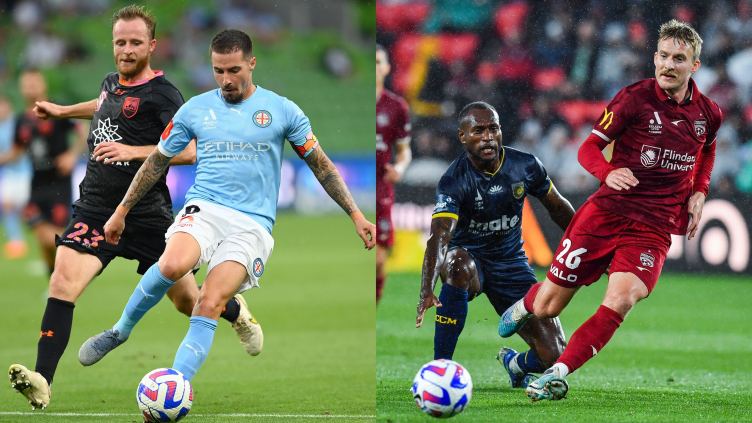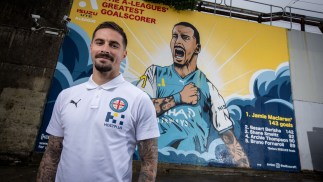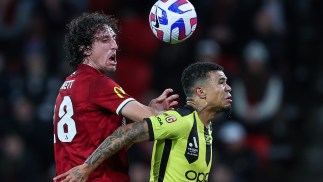Miguel Miranda is in charge of the Mariners goalkeepers on the back of working with top European talent, writes Tom Smithies.
Did you know there’s a coach at the Central Coast Mariners who played a key role in developing two of the world’s most outstanding goalkeepers?
It might seem like a stretch, but Miguel Miranda seems to be getting as much satisfaction out of developing the game of Danny Vukovic at 38 as he did with Ederson and Jan Oblak in their teenage years.
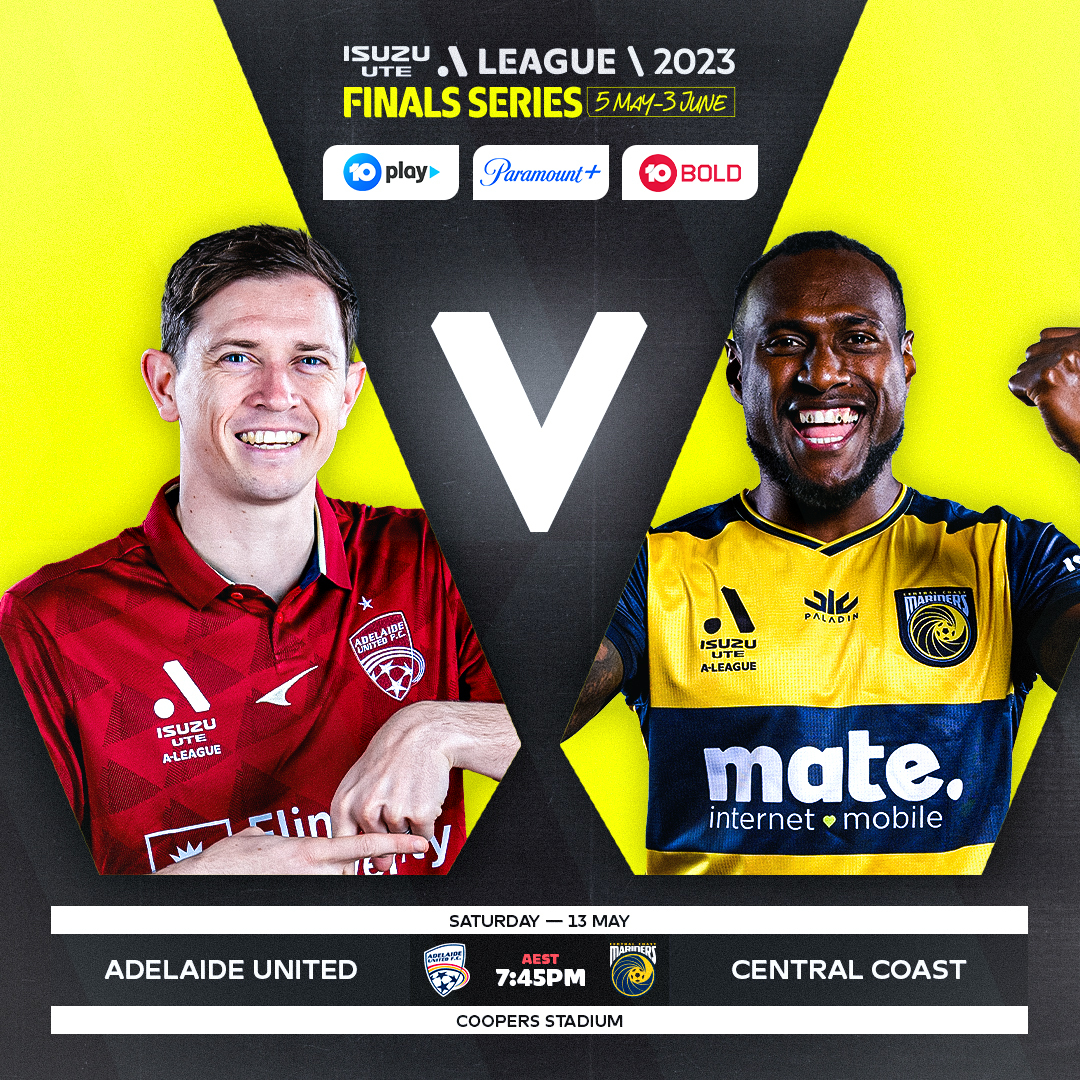
The Central Coast is the latest – and arguably most unlikely – stop on a coaching career that has seen Miranda developing goalkeepers in his native Portugal, in the academies of its two biggest clubs, in Turkey, Spain and the Middle East.
That included several seasons at Benfica with two years working on the formative career of Ederson, now chasing Champions League glory with Manchester City, and another six months coaching Atletico Madrid’s Oblak.
While Miranda is keen not to take too much credit for their superlative careers – “it’s a huge academy, like, with a lot of staff!” – it’s part of a variety of experiences that have given him unique insight into what makes a top goalkeeper in modern football, and the traits to look for in the next generation of talent.
While his immediate focus is on preparing Vukovic for Saturday’s Isuzu UTE A-League Semi Final first leg against Adelaide, Miranda also has an eye on the next generation.
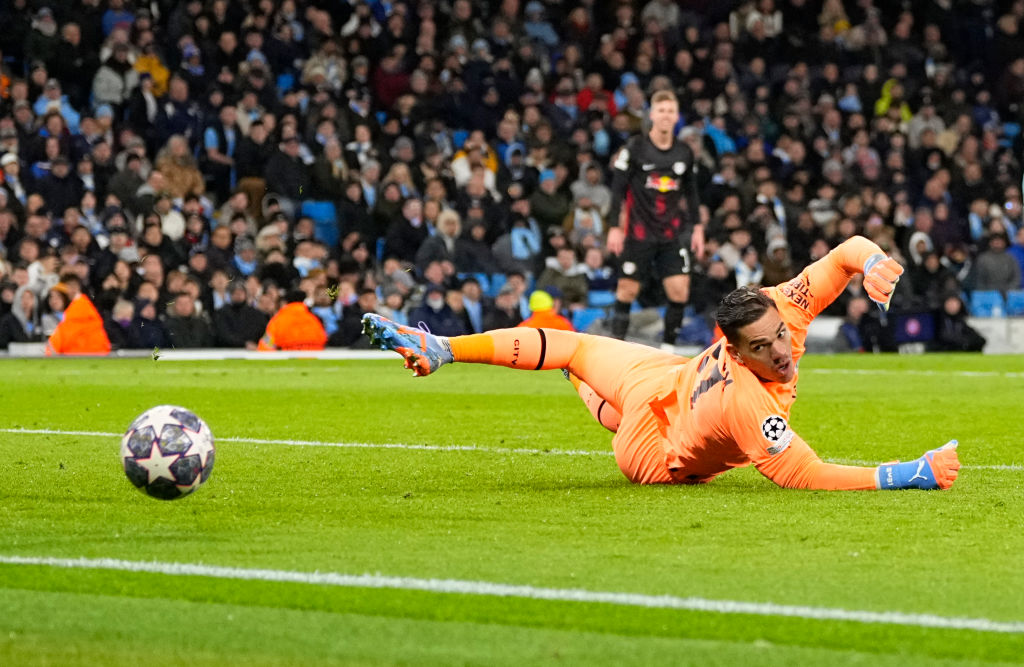
The fascinating part is how often it’s not the obvious stars at, say, 15 years old, who go on to be the best footballers. As a coach at the remarkable academy of Portuguese powerhouse Benfica, the ability to gauge potential on a number of fronts became one of the most crucial parts of the role.
“To be honest, I think until U15, it’s a little tricky because of the (relative) maturation of the player, like the (role of) puberty for instance.
“You can be good when you are younger because you are stronger than the others, not because you are more talented.
“Until U15 or U16, it’s a little gamble. Usually the best players in the professional setup don’t play U15s as the main (players); for example, (at Benfica) Ederson was not. Bernardo Silva, (Joao) Cancelo, the best players now in Manchester City, were not main players at that age.
“You have to identify talent, but also give space for them to develop. At U17 and U18 you start to have an idea (who) will make it or not.”
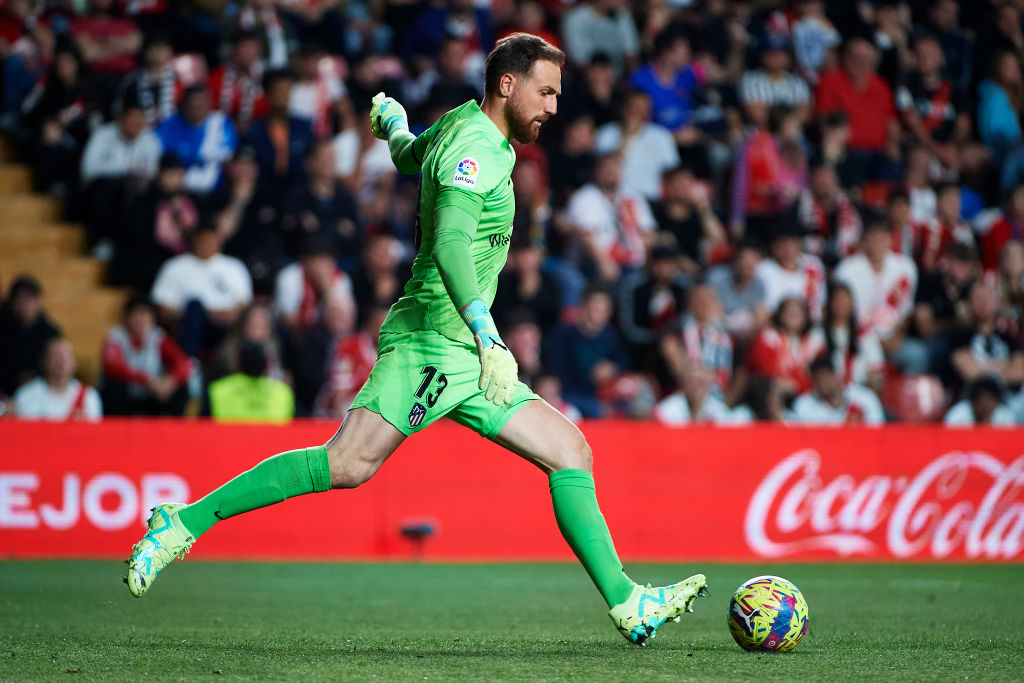
Miranda admits that both Ederson and Oblok fell into the category of players who could make it in their teens, though the potential was there.
“It’s very gratifying to see what level they have achieved,” he says. “At the time, you could see that they were both very talented and I even remember having a conversation because at the time they were thinking to loan Ederson and I did a report for him to stay because I really believed in him.
“I was expecting them to be professionals but not at this level because they were still in the U17, U18 teams… I thought, OK, they will make it but I don’t know if they will be the best keepers in the world, but at least they will be professionals.
“So OK, you could feel that but not (that they would get to) this level!”
Benfica was where Miranda worked alongside Sergio Raimundo, the fellow Portuguese who struck up a friendship with Nick Montgomery on a UEFA coaching course and came to work with the Englishman at the Mariners.
Miranda followed last year in the off-season: “Sergio and I keep talking (for years), one day we will work together (again)! Then this opportunity came and of course, more than happy to come to Australia.”
With Vukovic very much in the twilight of his career, it’s interesting to hear what Miranda sees as the profile of a 21st century goalkeeper – and that only a fifth of their role includes using their hands.
“For example, now 80% of the actions of the goalkeeper are with the feet,” he says. “Even this year with Vuka, we had that conversation. We are a team that wants to build up a lot. So we want the goalkeeper to touch a lot of times with the foot.
“So if you want that, when you are doing scouting, you need to select goalkeepers that also can use their feet, right? Otherwise they are incomplete for the modern football.
“The best teams in the world need the best goalkeepers at playing out. You see Ederson, for example, or (Marc-Andre) Ter Stegen, the best goalkeepers in the world are very good with their feet. When you are scouting, you have to take that in consideration.”
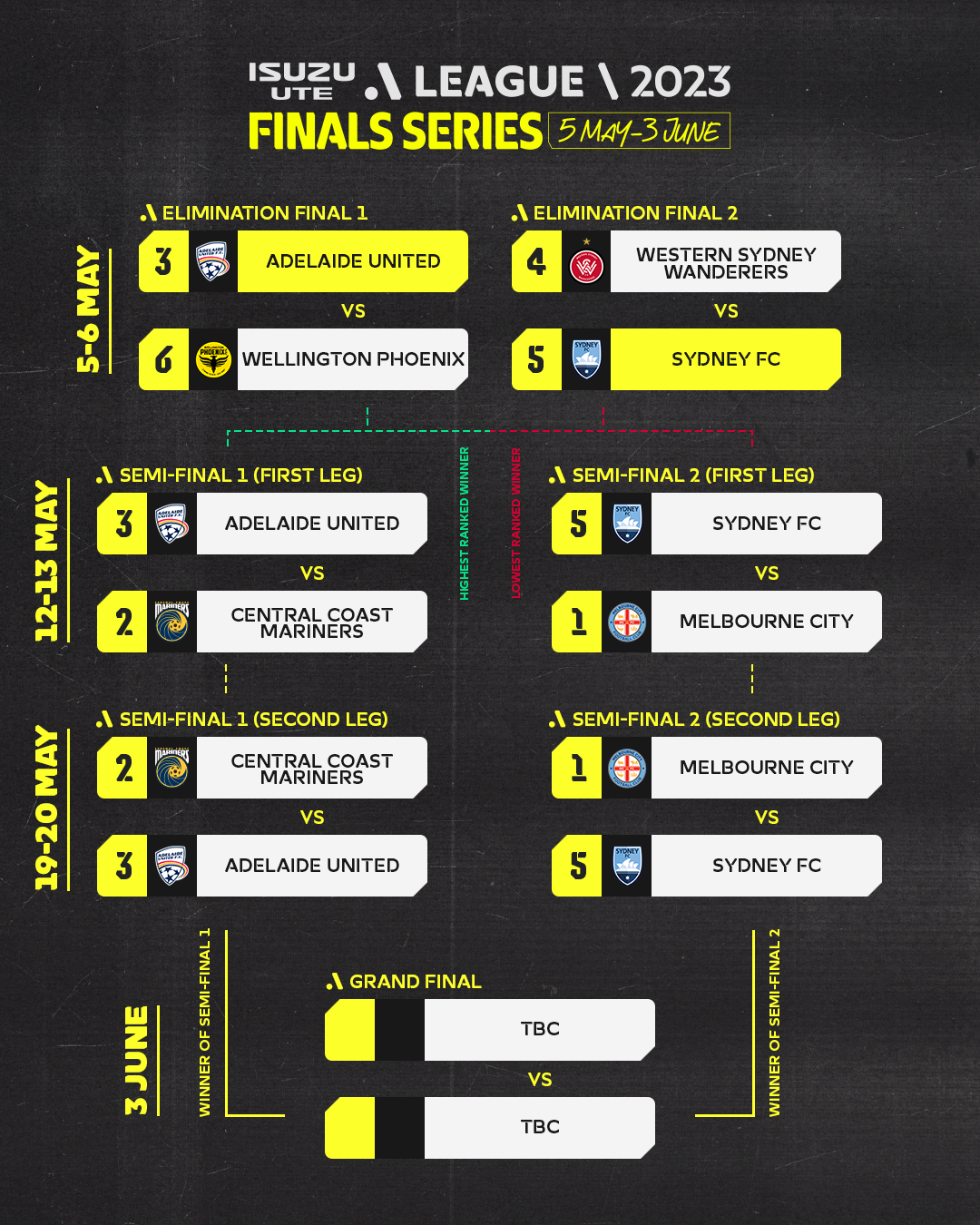
That’s particularly pertinent at a club like the Mariners, whose business model revolves around youth development and player sales.
Just before this interview, on a sunny day at the club training ground in Tuggerah on the Central Coast, Miranda spends the best part of two hours putting Vukovic and second-choice keepers Anthony Pavlesic and Yaren Sozer through their paces.
“I’m very happy with Vuka, like you are talking about the distribution part (of goalkeeping) and playing out, we are very happy with him in this moment,” he notes.
“He is full of confidence, like playing out all the time. So we could not be more proud of what he’s doing now.
“He’s doing amazing for us since the beginning of the season, but in the last games even better.”


